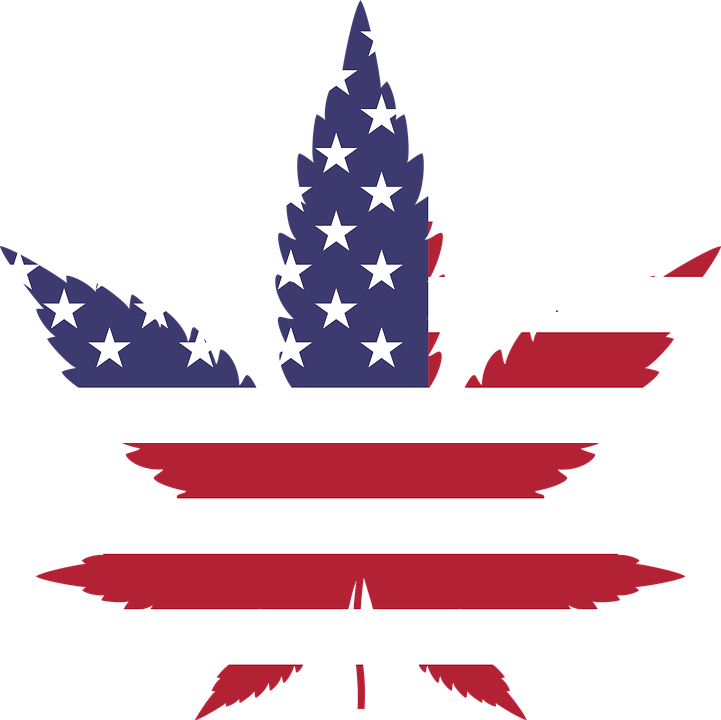Oregon became the first state to decriminalize possession of otherwise illegal drugs. According to this Feb. 1 Associated Press article, “Police in Oregon can no longer arrest someone for possession of small amounts of heroin, methamphetamine, LSD, oxycodone and other drugs as a ballot measure that decriminalized them took effect on Monday.”
Instead of being arrested, those found in possession “would face a $100 fine or a health assessment that could lead to addiction counseling.”
That such a measure was approved by Oregon voters is an encouraging sign that more people are waking up to the illiberal and destructive War on Drugs.
“Today, the first domino of our cruel and inhumane war on drugs has fallen, setting off what we expect to be a cascade of other efforts centering health over criminalization,” executive director of the Drug Policy Alliance Kassandra Frederique was quoted as saying.
Amen.
Turning drug users into criminals destroys people’s lives—people who otherwise did not aggress against anybody else.
The War on Drugs has torn families apart by incarcerating people (mostly men) whose only “crime” is using or possessing a chemical that the government deemed illegal. Millions of children have had to grow up without a father stuck behind bars for a noncrime.
Vices are not crimes
As 19th century natural-rights theorist Lysander Spooner spelled out in his 1875 essay “Vices are Not Crimes,” self-harming activities should not come under purview of any government law.
“Vices are those acts by which a man harms himself or his property,” begins Spooner. Contrast that with his description of actual crimes as “those acts by which one man harms the person or property of another.”
The distinction is clear. “In vices, the very essence of crime—that is, the design to injure the person or property of another—is wanting,” Spooner explained.
If the proper aim of government is restricted to merely “secure these rights” of life, liberty and the pursuit of happiness, clearly the criminalization of vices such as drug use not only exceeds allowable state action, it amounts to an erosion of liberty.
Indeed, for those conservatives who claim to support a “limited government” whose proper role is restricted to protecting its citizens from violations of their rights, a question they will be unable to answer is: “when two people voluntarily agree to exchange money for drugs, whose rights has been violated?”
Instead of making it criminal behavior, drug possession and use should be treated as a health issue, an addiction that needs treatment rather than punishment. Individuals using drugs should not be discarded from society, rather, a just and compassionate society would emphasize rehabilitation of drug users so they can become productive members of the community. Throwing them in a cage for drug possession puts a permanent stain on their record, making it virtually impossible to join the job market once they are released back into the public.
Drug criminalization causes violence, enriches drug lords
Moreover, drug prohibition serves to enrich the drug cartels, as prohibition places a high premium on the commodity due to it being illegal.
Just as alcohol prohibition gave rise to gangsters in the 1920’s, such as the notorious and deadly Al Capone, the war against drugs has given rise to violent drug cartels, making multi-billionaires out of drug kingpins like El Chapo.
Government criminalization of drugs creates violence in the drug trade because, being illegal, drug dealers have no option to appeal to the criminal justice system if they’ve been wronged, so they need to enforce their own system of justice.
Given the dangerous nature of the black market drug trade, it tends to attract people more prone to violence with little else to lose. Violent gang turf wars and cartel rivalries result. Cities and communities are torn apart, often times with innocents getting caught in the crossfire.
Will Legalization Lead To More Drug Addiction and Overdoses?
Supporters of the drug war insist that prohibition, in spite of its downsides, is still a necessary stop against massive widespread drug addiction that would lead to societal rot and despair.
But there’s little evidence this would be the case. Illegal drugs are already readily available in most areas, those interested know where to go, or know a guy who “knows a guy.”
Indeed, according to the AP article, “Portugal’s 2000 decriminalization brought no surge in drug use. Drug deaths fell while the number of people treated for drug addiction in the country rose 20% from 2001 to 2008 then stabilized.”
Legalizing drugs would also provide a higher level of confidence in the ingredients in the drugs being sold. Companies selling drugs could be held liable if they sell tainted drugs that poison their customers—an option not available under the current system.
Conclusion
The war on drugs is a war on freedom. The freedom for human beings to inquire and experiment in order to learn for himself what constitutes vice or virtue to him. If government is to exist, its functions should be strictly limited to protecting citizens against others violating their rights, not to protect us against our own judgment and actions that don’t aggress against anybody else.
Let’s hope the voters in Oregon have taken a critical first step in ushering in the end of the government’s vicious, immoral and disastrous war on drugs.
Bradley Thomas is creator of the website Erasethestate.com and author of the book “Tweeting Liberty: Libertarian Tweets to Smash Statists and Socialists.” He is a libertarian activist who enjoys researching and writing on the freedom philosophy and Austrian economics. Follow him on Twitter: @erasestate.
































